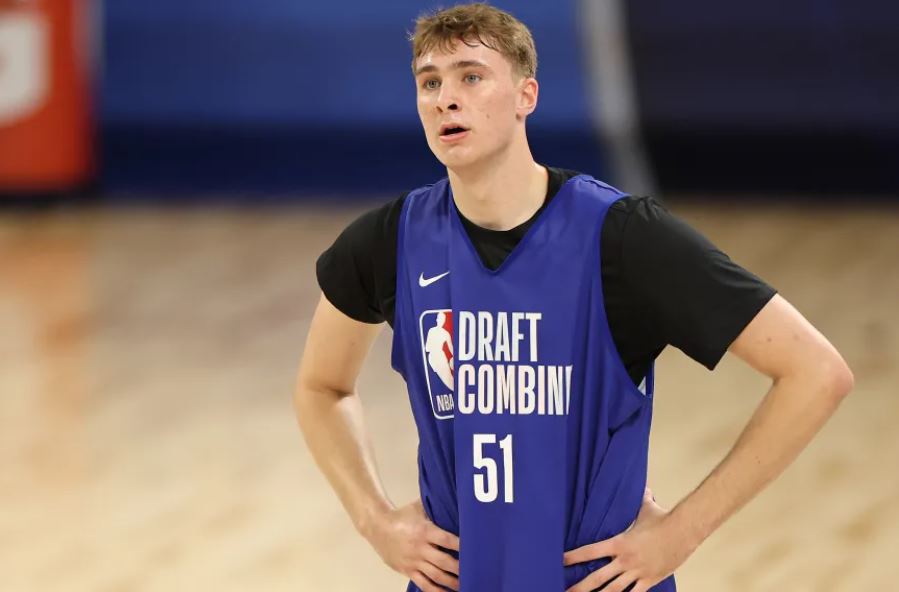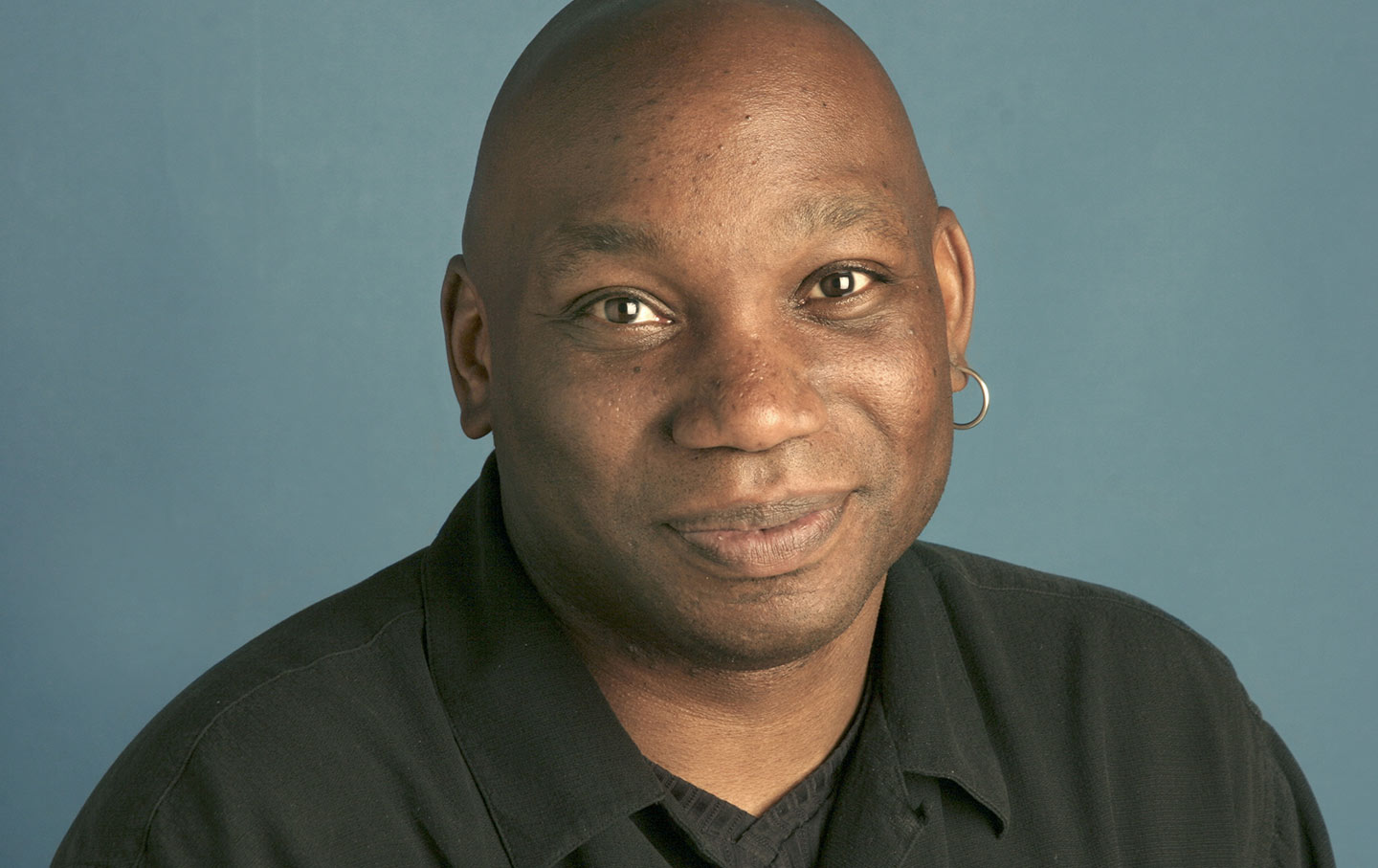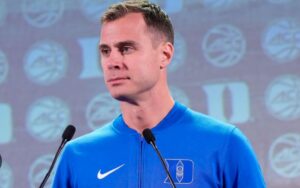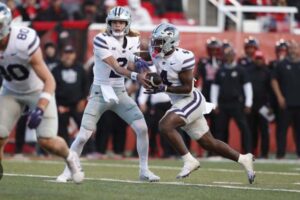
Cooper Flagg’s one season with the Duke Blue Devils exceeded most expectations.
Duke advanced to the Final Four and the No. 2 overall seed in the NCAA men’s basketball tournament thanks to the reclassified 18-year-old’s incredible box scores as a top scoring option. Numerous desperate NBA clubs vying for his draft pick, but Flagg’s lottery-night surprise put him in a position to save the Dallas Mavericks organization.
Before turning pro, Flagg took advantage of the NIL wave to establish a solid financial foundation by enrolling in college at the perfect moment. According to the majority of publications, Flagg’s NIL income was between $4 and $5 million.
But when Flagg came up as the poster kid for the NIL period in a conversation between sports writers Howard Bryant and Bob Costas this week at the 92nd Street Y in New York City, Bryant blasted that statistic out of the water. After asking Costas if he was aware of Flagg’s salary, Bryant hinted that he was.
Bryant stated, “He signed a $13 million contract with New Balance and a $15 million contract with Fanatics.”
Here’s the catch: Bryant is likely revealing the entire scope of the contracts.
Adrian Wojnarowski of ESPN said the deal was “significant” when Flagg signed with New Balance in August, while others said it was a multi-year agreement. He reportedly made “millions” earlier this year from the exclusive collectibles contract he inked with Fanatics.

Both contracts probably continue into his professional career. During her time at Iowa, Caitlin Clark, for instance, inked an eight-year, $28 million contract with Nike before to the WNBA Draft.
Bryant could even be on the low end if he is calculating the whole worth of Flagg’s contracts into his early NBA career. Flagg has partnerships with Gatorade and a few other minor businesses in addition to New Balance and Fanatics.
Naturally, the legality of NIL agreements is the only reason this is feasible. Otherwise, until Flagg became a professional, none of these businesses could engage in negotiations with him. Nowadays, if you’re a terrific athlete like Cooper Flagg, you can play on a college campus at the age of 18 and ensure your future both now and in the future.







